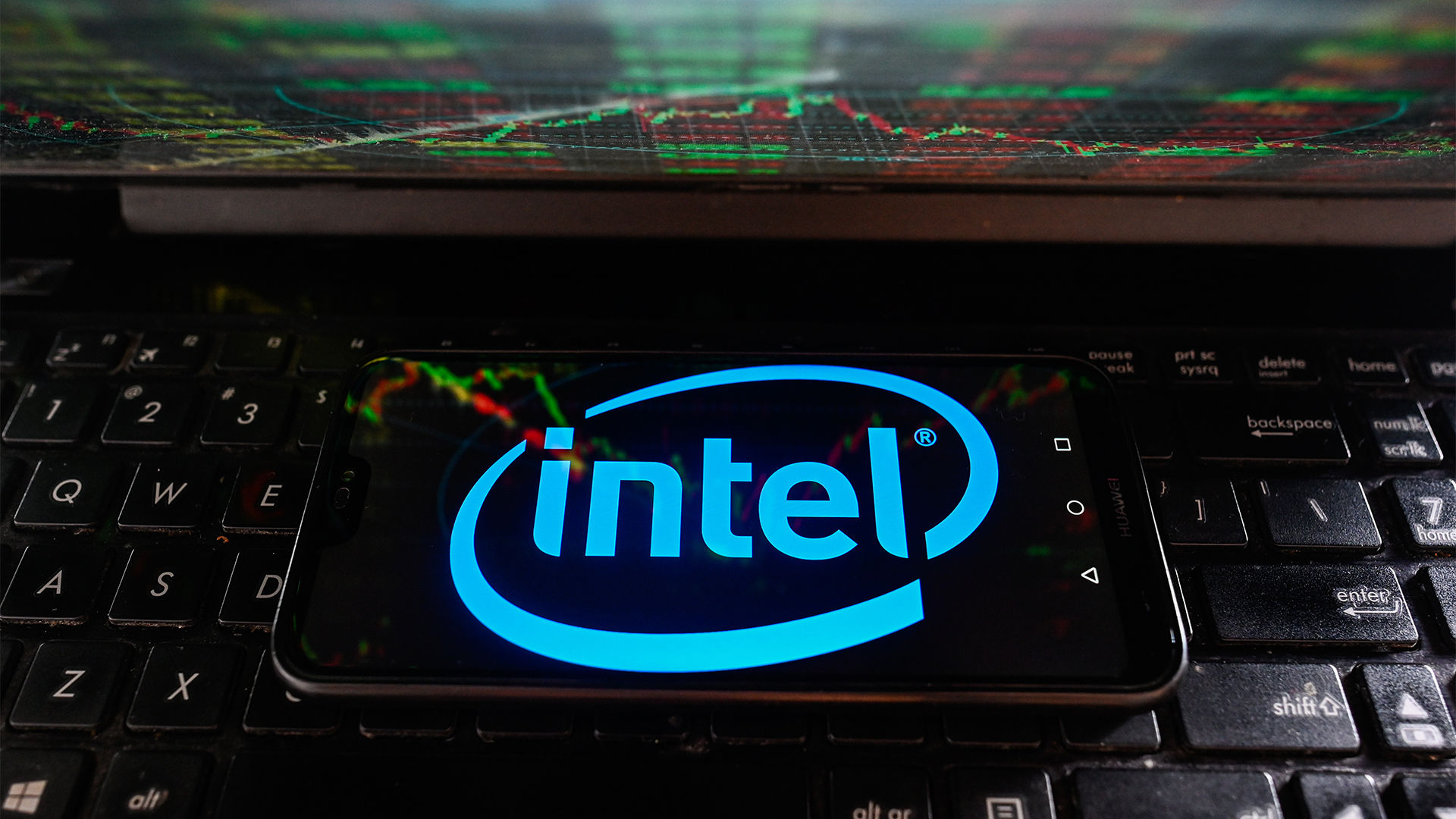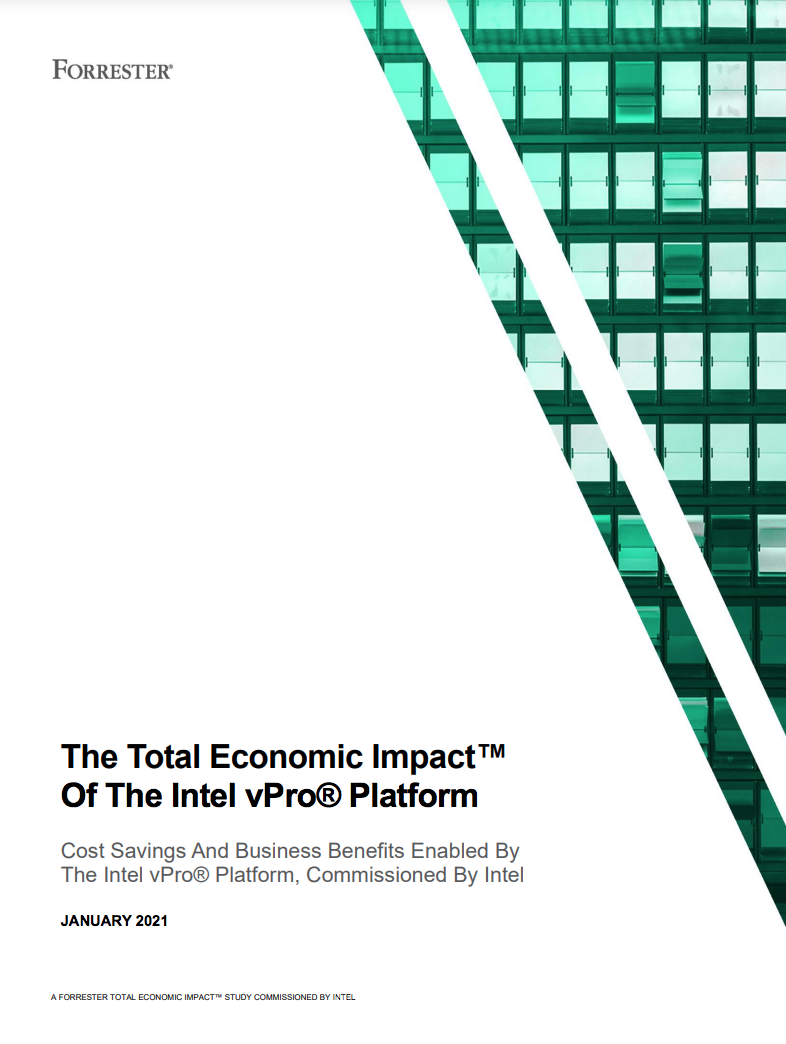British genius wins $250,000 Turing Award
The Turing Award has been handed to British scientist Leslie Valiant.


The computing equivalent of the Nobel prize has been handed to British scientist Leslie Valiant, who was commended for his inspirational work over the past 30 years.
The Turing Award, named after the legendary Alan Turing, has been honouring excellence in computer science since 1966.
Google and Intel now fund the Turing Award and $250,000 (156,000) of their money will be handed to Valiant in recognition of his achievements.
"His work has opened new frontiers, introduced ingenious new concepts, and presented results of great originality, depth and beauty," the prize's organisers said of Valiant.
"Time and again, Valiant's work has literally defined or transformed the computer science research landscape."
Valiant, a professor of computer science and applied mathematics at Harvard University, has been a major player in developing ideas surrounding some of today's cutting-edge technology.
He has been a major influence on artificial intelligence, natural language processing and handwriting recognition, amongst numerous other innovations.
Sign up today and you will receive a free copy of our Future Focus 2025 report - the leading guidance on AI, cybersecurity and other IT challenges as per 700+ senior executives
One particular paper, entitled A theory of the learnable,' made a huge impact on computational learning theory.
In the paper, Valiant proposed his "probably approximately correct" (PAC) model, which would help minimise generalisation errors in learning algorithms.
The phrase "probably approximately correct" suggested that with high probability, hypotheses made by a learning algorithm should should be "approximately correct."
With the PAC model, the learning algorithm could on rare occasions be unable to learn from training data, meaning it could put out a poor hypothesis. But most of the time, the hypothesis should have decent accuracy on data it will encounter in the future.
"In hindsight, PAC learning seems almost obvious, and part of the beauty of Valiant's work is how perfectly it reflects our intuitions about the learning process," organisers said.
PAC "has become an essential framework for the theory of learning," the organisers said.
In other Turing news, the famous mathematician's papers are to be kept in England, after a last minute donation from the National Heritage Memorial Fund.
Tom Brewster is currently an associate editor at Forbes and an award-winning journalist who covers cyber security, surveillance, and privacy. Starting his career at ITPro as a staff writer and working up to a senior staff writer role, Tom has been covering the tech industry for more than ten years and is considered one of the leading journalists in his specialism.
He is a proud alum of the University of Sheffield where he secured an undergraduate degree in English Literature before undertaking a certification from General Assembly in web development.
-
 Microsoft unveils Maia 200 accelerator, claiming better performance per dollar than Amazon and Google
Microsoft unveils Maia 200 accelerator, claiming better performance per dollar than Amazon and GoogleNews The launch of Microsoft’s second-generation silicon solidifies its mission to scale AI workloads and directly control more of its infrastructure
-
 Infosys expands Swiss footprint with new Zurich office
Infosys expands Swiss footprint with new Zurich officeNews The firm has relocated its Swiss headquarters to support partners delivering AI-led digital transformation
-
 Why Intel is pushing for developers to adopt AI PCs
Why Intel is pushing for developers to adopt AI PCsNews A new Intel initiative aims to drive developer adoption of AI PCs and improve synergy with the hardware makers building these next-generation devices
-
 Intel CTO: Open source ecosystem is “poorly written”
Intel CTO: Open source ecosystem is “poorly written”News Chipmaker calls on industry to improve contributions
-
 Tech giants lobby US to fund chip production
Tech giants lobby US to fund chip productionNews Industry heavyweights ask Congress for $50 billion in chip manufacturing subsidies
-
 The total economic impact of the Intel vPro® platform
The total economic impact of the Intel vPro® platformWhitepaper Save costs. Save time. Save the workday.
-
 Army of Intel engineers sets to work on iPhone chips
Army of Intel engineers sets to work on iPhone chipsNews Around 1,000 people are creating an LTE modem for the next iPhone
-
 Windows Server on ARM will flop like RT, says Intel
Windows Server on ARM will flop like RT, says IntelNews ARM chips will add complexity and overhead in the server space, Intel engineer claims
-
 Intel reveals Android Reference Program for budget tablets
Intel reveals Android Reference Program for budget tabletsNews The company's plans will allow Android tablets running Intel chips to hit the market faster
-
 Android gets free McAfee security app
Android gets free McAfee security appNews Dell will also be the first to deploy Intel's revamped enterprise protection.
